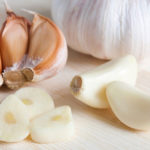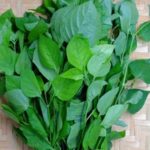Vegetables are loved by many people for their nutritiousness and simple processing. However, if not processed properly, vegetables can still be infected with parasites. Let’s explore 8 familiar types of vegetables that can cause parasite infections if not properly processed!
1 Garlic
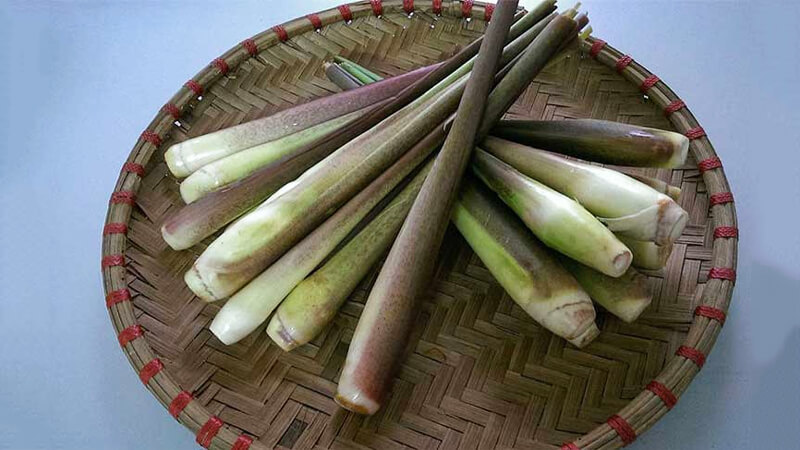 Garlic
Garlic
Garlic is quite popular in Asian countries, often growing in marshes, freshwater ponds, and has many different names such as garlic, giao bạch, corn or lúa miêu.
In addition to its medicinal uses, garlic is also a favorite food of many people. They can be cooked in a variety of ways, such as boiled, stir-fried, soups, or eaten raw or even made into salads.
However, according to PGS.TS Nguyễn Duy Thịnh (Institute of Biotechnology and Food Technology – Hanoi University of Technology), this type of plant lives in muddy swamps, so it harbors many parasites. Therefore, you should not eat them raw, but rinse them thoroughly, cook them thoroughly before eating, and never let children or the elderly eat them.
2 Water lilies and lotus roots
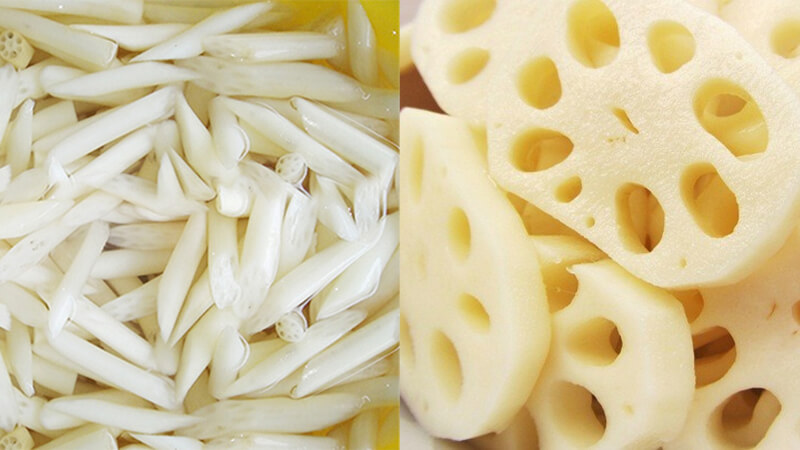 Water lilies and lotus roots
Water lilies and lotus roots
and lotus roots are some of the most nutritious foods, with sugar, glucose, and much more,… they are also used as a medicinal ingredient in Eastern Medicine.
However, PGS.TS Nguyễn Duy Thịnh advises that due to their growth in mud, water lilies and lotus roots are prone to causing diseases in humans. In addition to digestive infections, water lilies are also a hiding place for roundworm larvae.
Therefore, you should only eat cultivated water lilies and lotus roots instead of wild ones, especially in polluted water sources. When cooking, you should rinse them thoroughly and cook them thoroughly before eating to avoid getting infected.
3 Water chestnuts
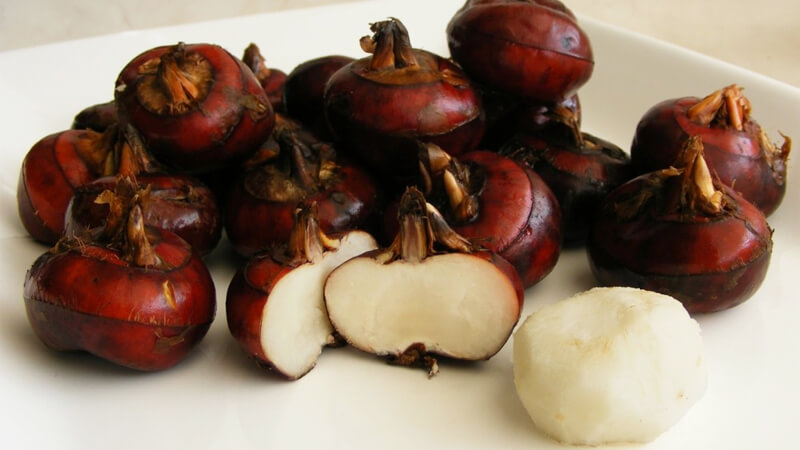 Water chestnuts
Water chestnuts
Although called chestnuts, water chestnuts are aquatic plants that grow in marshes, lakes, rice fields, and dry lakes. They are common in Southeast Asia, southern China, Taiwan, Australia, Africa, and many islands in the Indian Ocean and the Pacific.
The underground part of the water chestnut is harvested as food when it turns dark brown. The inside of the tuber is white, crispy, sweet, and can be eaten raw or cooked in soups, braised dishes, stir-fries with meat.
However, PGS.TS Thịnh said that growing in a water environment poses many risks of parasite infections in this tuber. So you should not eat them raw and must process them thoroughly before eating to ensure health and safety for yourself and your family.
4 Water spinach
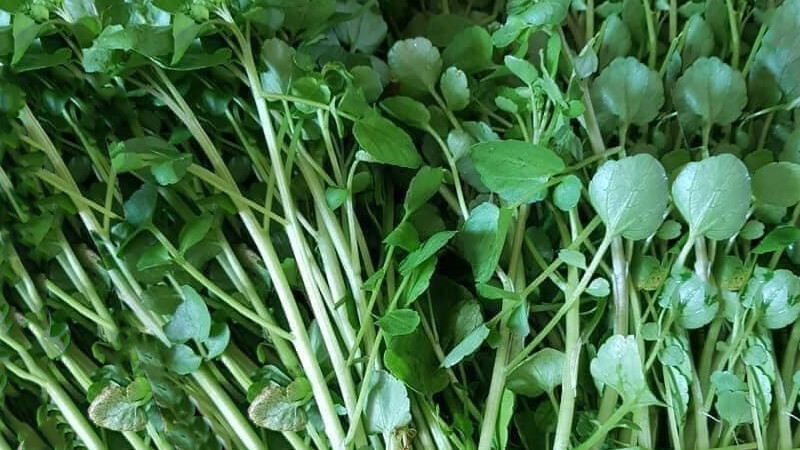 Water spinach
Water spinach
(or watercress) is a semi-aquatic plant. This vegetable is quite popular in our country because they are available all year round, easy to grow, require little care, and grow very quickly.
Although very nutritious, this vegetable can also cause diseases if not properly processed. Besides carrying soil and difficult to wash bacteria, water spinach also contains worms such as roundworms, hookworms, pinworms, and tapeworms…
5 Mayflies
Watercress is a common vegetable in Vietnamese cuisine, such as watercress stir-fried with beef, watercress hot pot. However, this vegetable often grows in paddy fields and is prone to parasite infestations and egg laying.
Therefore, when preparing watercress, you need to wash it thoroughly with saltwater. Cook the vegetable thoroughly before eating.
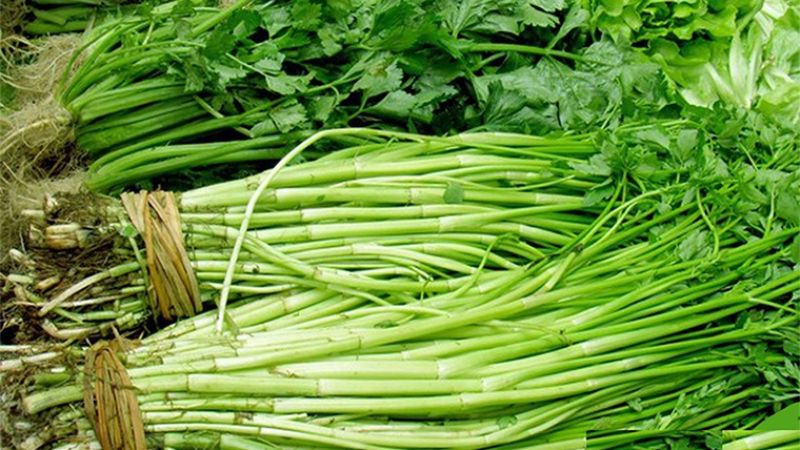 Mayflies
Mayflies
6 Arrowhead tubers
Arrowhead tubers are chunky and a familiar ingredient in soup, stew, and boiled dishes. Arrowhead tubers usually grow in rivers, water, and rice fields, so they are also prone to bacterial infections. Therefore, immerse the arrowhead tubers in boiling water for about 15 seconds to remove oxalic acid before cooking.
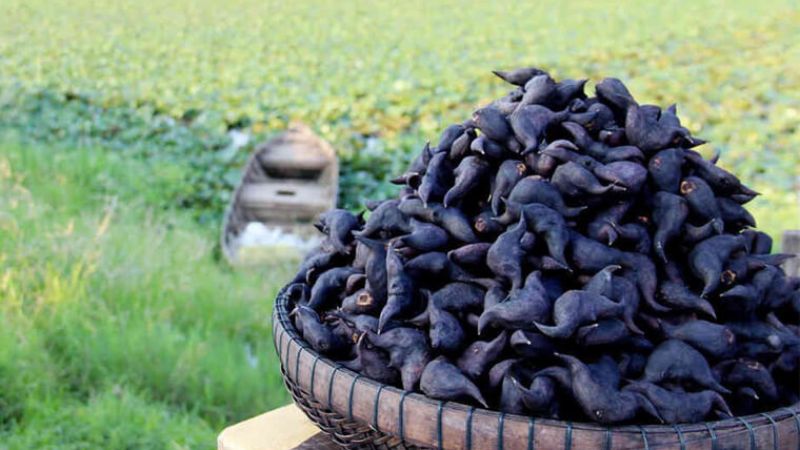 Arrowhead tubers
Arrowhead tubers
7 Lettuce
Lettuce is often eaten raw but is grown close to the ground, so it is susceptible to many parasites. Before eating, soak the lettuce in diluted saltwater, rinse it thoroughly with water several times.
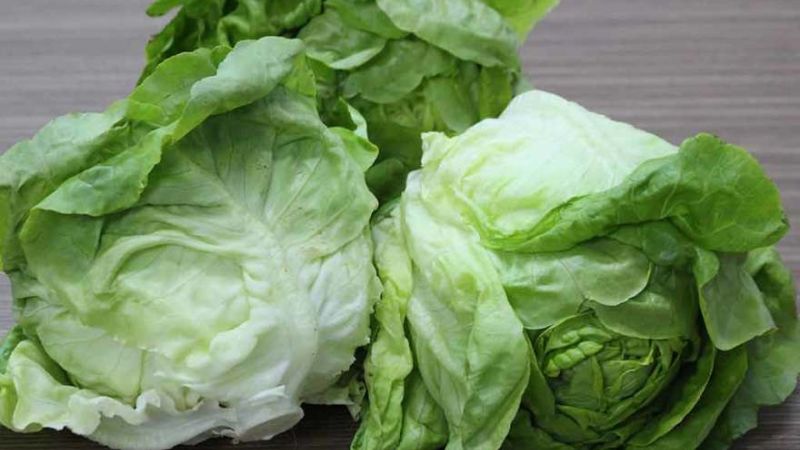 Lettuce
Lettuce
8 Chinese cabbage
Chinese cabbage is also a root vegetable that is prone to parasite infections. The leaves of Chinese cabbage are stacked tightly together, making it easy for pests and bacteria to hide inside.
When preparing Chinese cabbage, you should cut it into small florets. Soak it in diluted saltwater. Then, squeeze it gently to remove any dirt inside and rinse it clean with water.
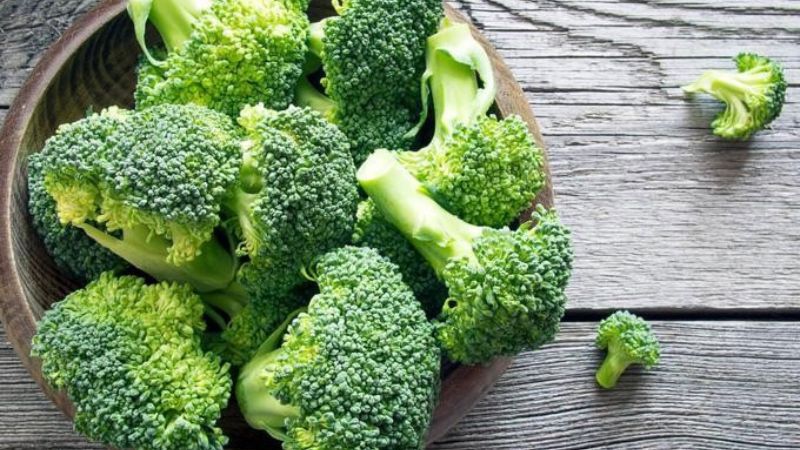 Chinese cabbage
Chinese cabbage
Above are the information about 8 familiar types of vegetables that can cause parasite infections if not properly processed that we have compiled. We hope this information is useful to you. Wish you good health!
How to Effectively Treat Fishbone Issues at Home
Everyone loves feasting on the deliciousness of fish during the holidays. But, unfortunately, choking on fish bones is an unavoidable issue that may lead to devastating consequences if left unattended for a prolonged period. Let’s see how Dien May Xanh can help us out when fish bones get stuck in our throat.

























